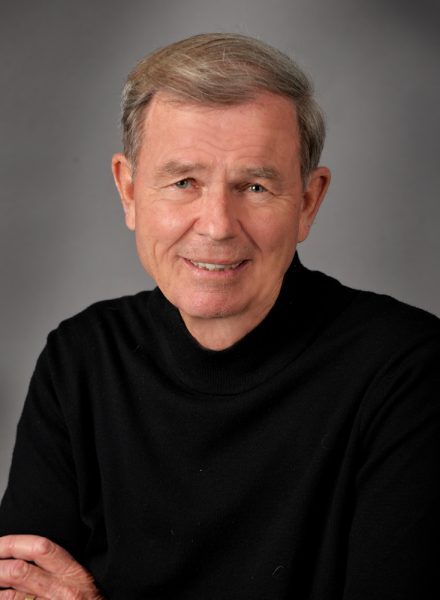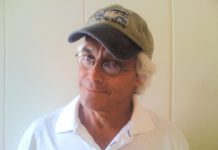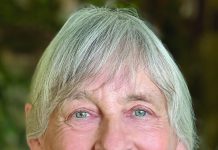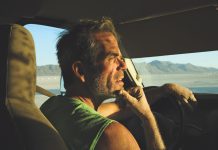
By Skip Hellewell
While still a child, I did exciting things and visited incredible places . . . reading. Shy and bookish, I studied “Reader’s Digest,” especially the condensed book at the end of each issue. Good books retold with an economy of words fit this boy’s attention span. I went to school as required but it was never as interesting, or as educational, as my world of books. Parental concern about my report cards eventually made me pay more attention to teachers, but I still like good stories succinctly told.
Though I’ve added bookshelves, space is limited so as more books are bought, some must go. I favor books that inspire multiple readings. Awake in the night, I picked up Gaddis’ “The Cold War, A New History” for one more reading. The Cold War, with the ever-present worry of nuclear holocaust, was the central drama of my time. It was a war without rules or boundaries, mostly fought with bluster. Mao Zedong dismissed the U.S. as a “paper tiger.” Khrushchev promised the U.S. would simply fall, like a rotten fruit from a tree. Gaddis had written thousands of pages on the Cold War when his publisher got him to write this shorter version, 266 pages. It’s my kind of book, a good story, succinctly told.
My favorite chapter tells of Pope John Paul’s 1979 return to his native Poland. In Poland, as throughout the USSR, authorities had worked hard to atheize the people, especially the youth, their goal to erase the last traces of belief in God. It was a colossal misunderstanding of human nature; rarely has a government so badly misread the hearts of their subjects. Thirty-four years of propaganda unraveled in a moment when, upon the pope’s arrival at Warsaw, hundreds of thousand lining the way spontaneously shouted, “We want God, we want God!” Immense crowds grew at each stop on his visit, a million at Gniezno, more at Czestochowa. By the time he reached his native Krakow, the crowd was estimated at two to three million.
Speaking at Krakow, the pope’s theme as everywhere was simple: “Be not afraid.” In his speech, the pope invoked the powers taught by his namesake, the Apostle Paul, of faith, hope and charity (translated as ‘love’) as being stronger than fear: “You must be strong, dear brothers and sisters . . . with the strength of ‘faith’ . . . You must be strong with the strength of ‘hope,’ . . . You must be strong with ‘love,’ which is stronger than death . . . There is therefore no need to fear.”
Following the pope’s visit, a young Polish electrician named Lech Walesa stood outside the gates of the Lenin shipyard in Gdansk, a picture of the pope nearby, and began to organize the worker’s movement, Solidarity. Solidarity grew exponentially and before the decade had ended, Communist rule of Poland was not so much defeated as simply dismissed in a peaceful election. This is not to minimize the work of others. President Reagan dismissed the prior policy of ‘détente,’ as the relationship a farmer has with his turkey until Thanksgiving Day, and then at the Berlin Wall in 1978, in a speech given against the advice of nervous advisors, cried: “tear down this wall.”
During World War II, Josef Stalin is said to have rhetorically asked, when issues with the Catholic church arose, “The Pope, how many [combat] divisions has he got?” Pope John Paul II, just eight months in office, provided the answer during his visit to Poland. If I were asked to name the greatest act of leadership by a religious leader in my lifetime, I could not do better than nominate Pope John Paul II’s nine-day return to his native Poland in 1979. There’s meaning in that.
Bio: Skip fell in love with Laguna on a ‘50s surfing trip. He’s a student of Laguna history and the author of “Loving Laguna: A Local’s Guide to Laguna Beach”. Email: [email protected].




